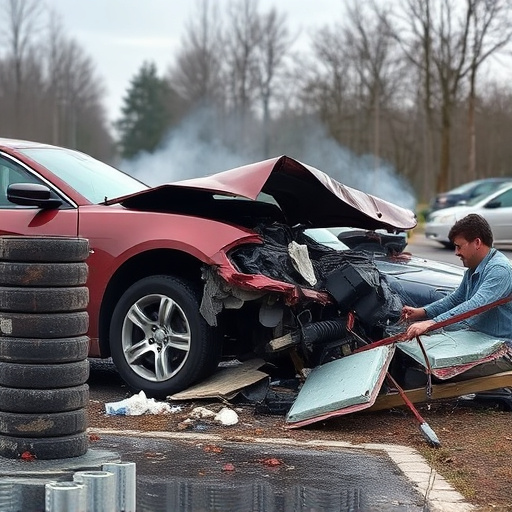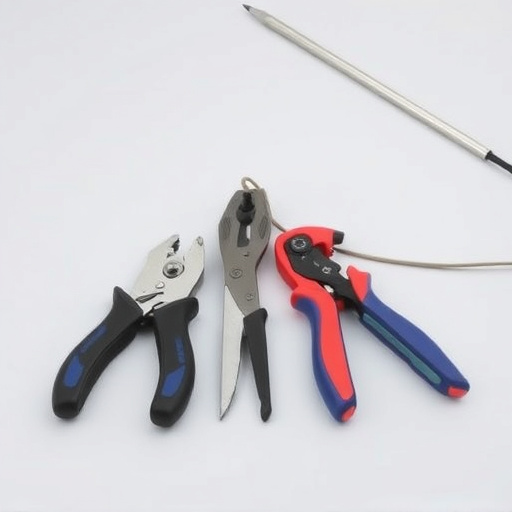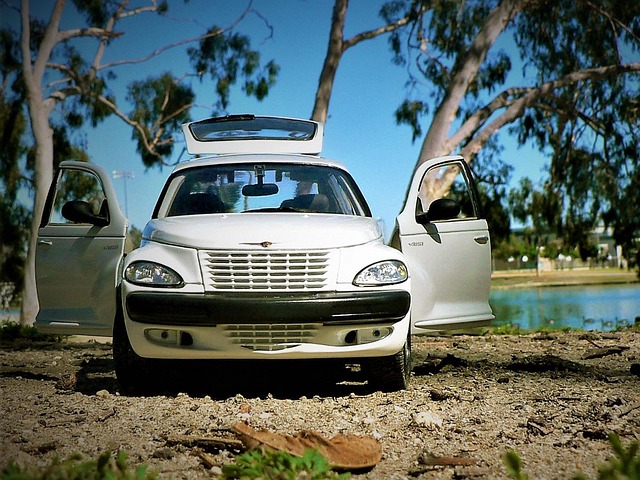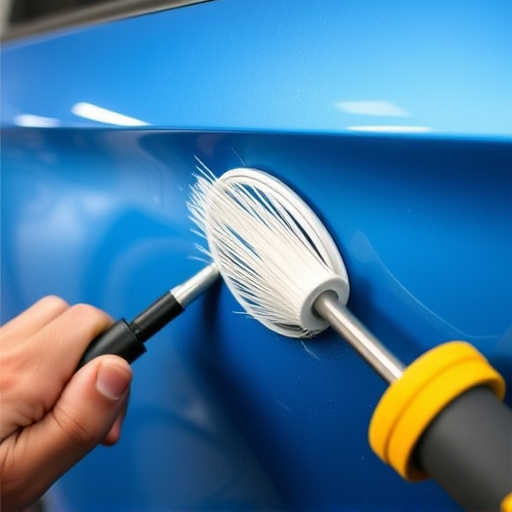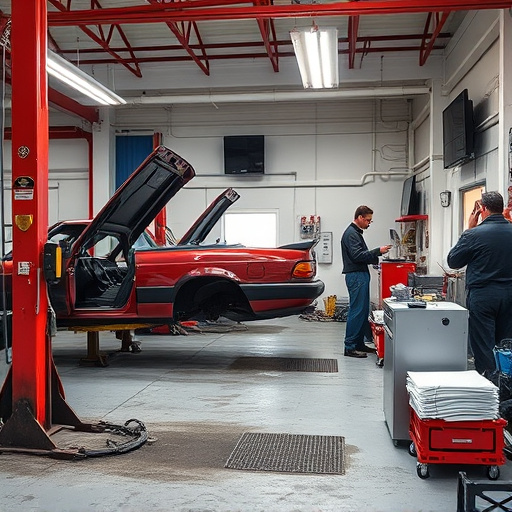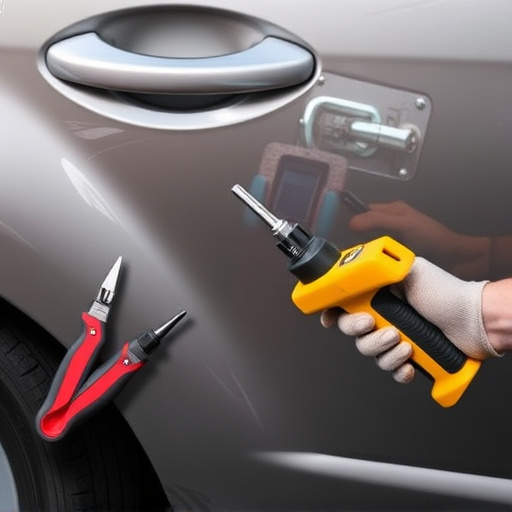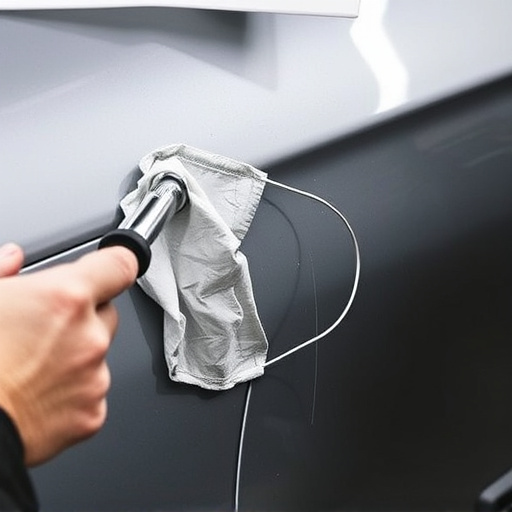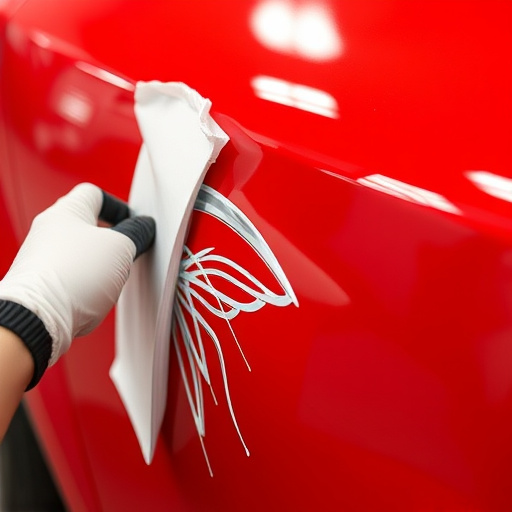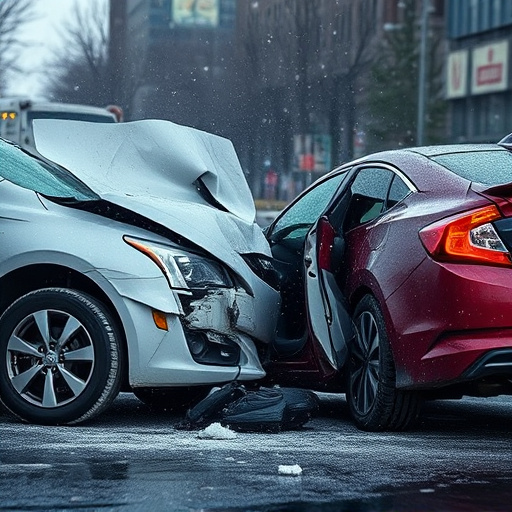Insurance companies favor manufacturer-approved repairs due to quality and safety concerns, ensuring original equipment parts and precise adherence to guidelines for structural integrity and compliance with intended safety standards after accidents. This requirement protects customers from potential disputes related to consumer protection and fair business practices, while balancing repair options with safety standards maintains customer trust and road safety.
Insurance companies often insist on manufacturer-approved repairs for good reason. This article delves into the underlying reasons behind this requirement, exploring quality control, safety standards, contractual obligations, and legal implications. We’ll also examine how these choices impact customer satisfaction while ensuring protection. Understanding the manufacturer’s perspective is key to navigating this balance, ultimately fostering trust and reliable vehicle restoration.
- Ensuring Quality and Safety: The Manufacturer's Perspective
- Contractual Obligations and Legal Implications
- Customer Protection: Balancing Repair Choices and Satisfaction
Ensuring Quality and Safety: The Manufacturer's Perspective

Insurance companies often prioritize manufacturer-approved repair choices for several compelling reasons, starting with quality and safety. Manufacturers meticulously design and test their vehicles, ensuring each component plays a crucial role in overall vehicle performance and passenger safety. When it comes to repairs, especially after accidents, using original equipment parts and adhering to the manufacturer’s guidelines is essential. This approach guarantees that the vehicle maintains its intended safety standards and structural integrity.
For instance, frame straightening, a common necessity in auto repair services, requires precise calculations and adjustments to bring the vehicle back to its pre-accident condition. Manufacturer-approved techniques and parts ensure these repairs are done correctly, preventing any future safety hazards. This is particularly vital for complex vehicle body repair processes where even minor deviations could compromise the structural integrity of the vehicle.
Contractual Obligations and Legal Implications
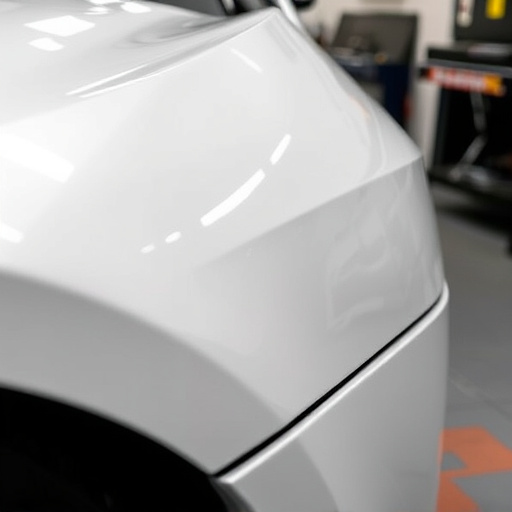
Insurance companies often require manufacturer-approved repair choices for several reasons, rooted in contractual obligations and legal implications. When a policyholder files a claim, the insurance provider enters into a contract with the repair shop, promising payment for specified services. To uphold this agreement, they must ensure that repairs align with the vehicle’s original design and safety standards set by the manufacturer. This protection guarantees that the car will remain a safe and reliable mode of transportation after repairs are completed.
Moreover, legal considerations play a significant role. Insurance companies are bound by regulations that govern consumer protection and fair business practices. Using non-manufacturer parts or employing substandard repair techniques could lead to disputes, with policyholders potentially arguing for compensation due to diminished vehicle value or safety risks. Thus, adhering to manufacturer-approved repairs not only facilitates smoother claim processing but also safeguards both the insurance company and the policyholder from potential legal complications.
Customer Protection: Balancing Repair Choices and Satisfaction
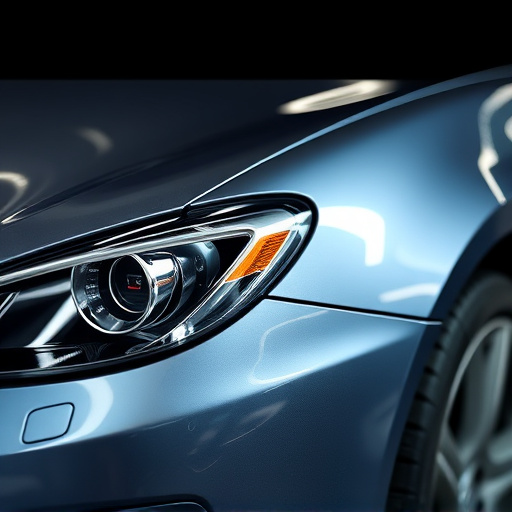
When it comes to vehicle repairs, especially after a collision, customers often seek options that offer both quality and affordability. However, insurance companies typically mandate manufacturer-approved repair choices for several valid reasons, primarily centered around customer protection. This approach ensures that repairs meet the exacting standards set by automotive manufacturers, guaranteeing original equipment compatibility and performance.
For instance, in a scenario of Mercedes Benz collision repair, choosing authorized repair facilities ensures that specialized knowledge and tools are employed, preserving the vehicle’s structural integrity and safety features. While customers might prefer independent shops or DIY methods for cost savings, frame straightening and other intricate processes demand precision and adherence to manufacturer guidelines. This balance between offering satisfying repair options and adhering to safety standards is key to maintaining customer trust and ensuring their protection on the road.
When it comes to insurance claims, choosing manufacturer-approved repairs is often crucial for ensuring vehicle safety and quality. These approved options not only adhere to strict manufacturing standards but also provide peace of mind for policyholders. While customers may prefer alternative choices, prioritizing manufacturer-approved repairs helps maintain vehicle integrity and avoids potential legal implications. By adhering to these guidelines, insurance providers and policyholders alike benefit from a seamless claims process that prioritizes both satisfaction and safety.
